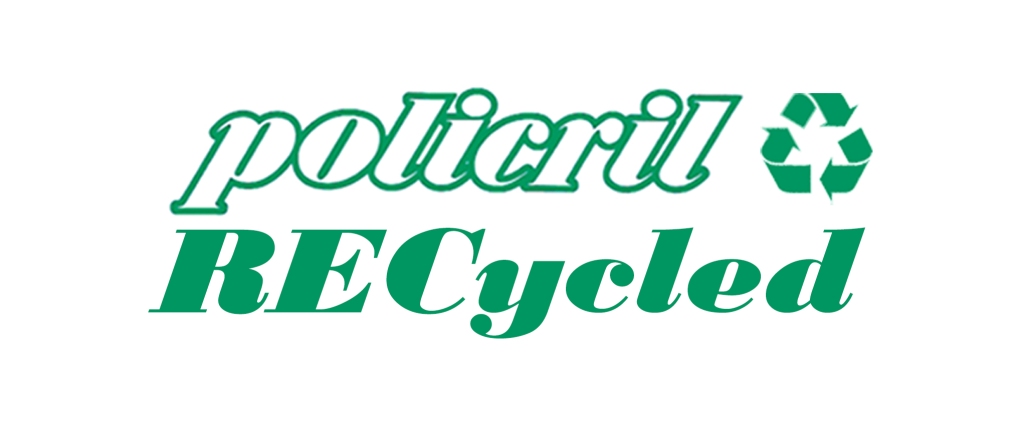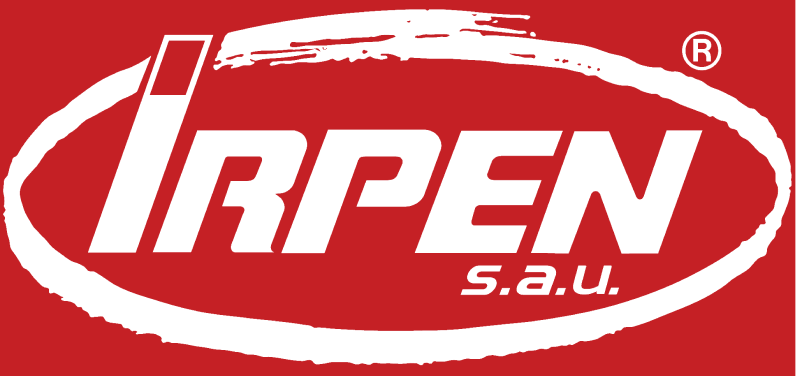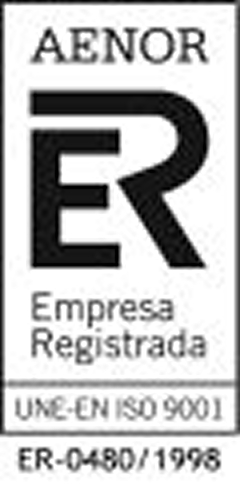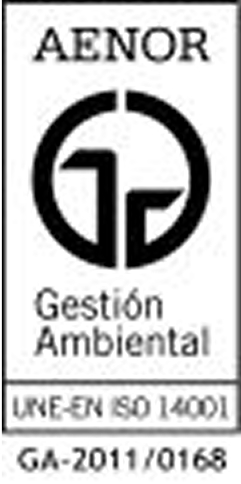Translucent Solid Surface
Expoquimia 2021 - Present and future of the chemical sector

Last September, the Expoquimia show took place. This edition has ended leaving sustainability, digitalization and technology transfer as the protagonists of the event, and facing the future with proposals and projects that will change our daily lives in the short and long term.
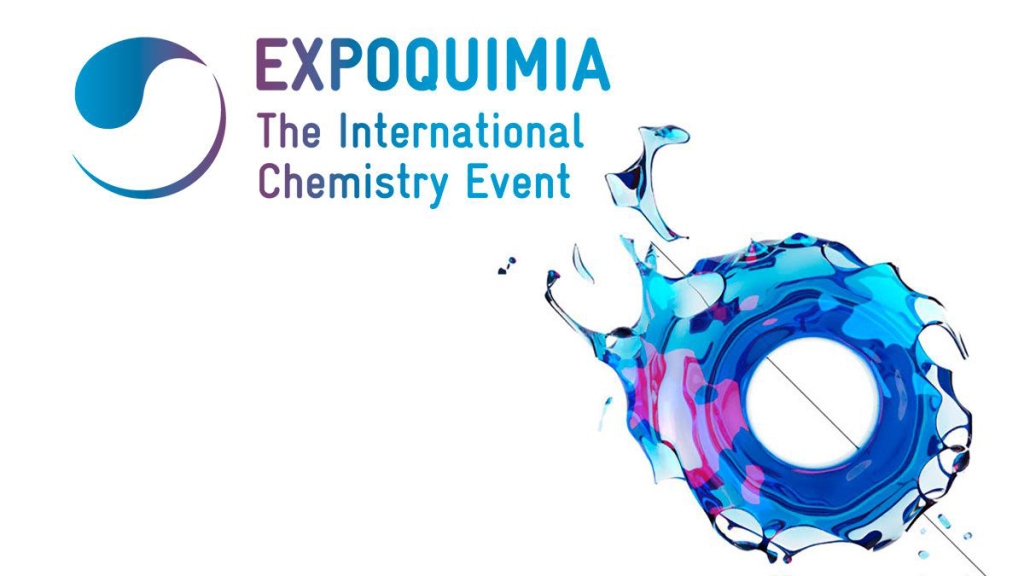
As in the previous two editions, visitors were able to enjoy the Smart Chemistry Smart Future. This event brought together leading organizations and companies from the chemical sector, which pondered its leading role in moving towards a sustainable future. At the same time, it consolidates itself as the country's economic engine, thanks to the generation of wealth and quality employment. Not surprisingly, this sector accounts for 5.5% of GDP and 3.7% of the country's employment, adding up its indirect and induced effects.

At this event, the chemical industry positioned itself as a leading actor in the face of the global challenge of achieving a sustainable and environmentally friendly future. Thanks to the innovative capacity of the sector and a clear commitment to investment in R&D, within the Smart Future, in the exhibition “Welcome to 2030”, it was possible to see the work of the leading companies in the sector, which showed the projects and technological advances they are currently working on, in order to comply with the Sustainable Development Goals set by the United Nations in its 2030 Agenda and the objectives of the EU's Green Deal, to achieve climate neutrality before 2050.
To achieve the objectives set, the areas of action taken include:
- Enhance the circularity of resources, both in production and in consumption.
- Facilitate the energy transition and carbon neutrality thus mitigating climate change.
- Promoting digitalization both in health and in the food production chain, optimizing resources and customizing solutions.
Circular and carbon-neutral economy
The circular economy is advancing in parallel with decarbonization, the chemical industry is developing technologies capable of converting waste into substances with high added value.
It is committed to the chemical recycling of plastic waste, as a complement to mechanical recycling, a method that prevents many from ending up either incinerated or in landfill.
After the chemical decomposition of plastic, it returns to its original molecules and keeps its properties intact. Therefore, very high quality materials can be re-produced that are very similar in qualities and characteristics to those used in origin, so they can be reused over and over again, being incorporated back into the production process as if it were a virgin raw material.
Progress is being made in the capture and storage of CO2, which can contribute to reducing global emissions by up to 30%. Becoming raw material for numerous applications and technologies for bioeconomy and bioproducts.
Energy Transition and Climate Change
Taking the energy transition as a key challenge to be solved, technological innovation will be one of the ways to achieve it. To move towards a decarbonized economy, chemistry provides materials and applications that increase efficiency and energy savings.
The development of technologies such as artificial photosynthesis, high-efficiency batteries for energy storage, processes to increase the efficiency of renewable energies or technologies for the development of the green hydrogen economy are some examples of disruptive innovations that chemistry is already working on.
Health and nutrition. Digital Transformation: Industry 4.0
Faced with a growing world population, centralized in large cities, the objective is to provide access to both food and health for all. This requires ultra-efficient agricultural production methods, intelligent medicine that guarantees higher quality and life expectancy, as well as the management and reduction of food loss and waste globally. The contribution to food, health and hygiene are among the main contributions of the chemical industry to society over the years.
The digitalization of industrial processes requires the conversion of current forms of production. The connected industry leads to more personalized, sustainable and intelligent productions, prioritizing quality and control.
The chemical sector is incorporating pioneering technologies in this area to advance efficiency, competitiveness and sustainability, both its own and those of other sectors, in order to optimize processes.
Digitalization, as a structural element of sustainability, is an indispensable actor for these technological advances to be applied optimally.

In a society where a new economic and social model is being imposed, the chemical industry is facing a global problem, providing solutions and making very important technological advances that allow us to look to the future with optimism. The industry trend, to which IRPEN has been added, is to respond with materials and products that respect the environment and are characterized by optimizing finite resources. With Policril Recycled since IRPEN we give infinite lives to acrylic, because the base component, the methyl monomer, due to its intrinsic properties, allows the recycling process and conversion into new raw material to be carried out repeatedly without altering the material.
